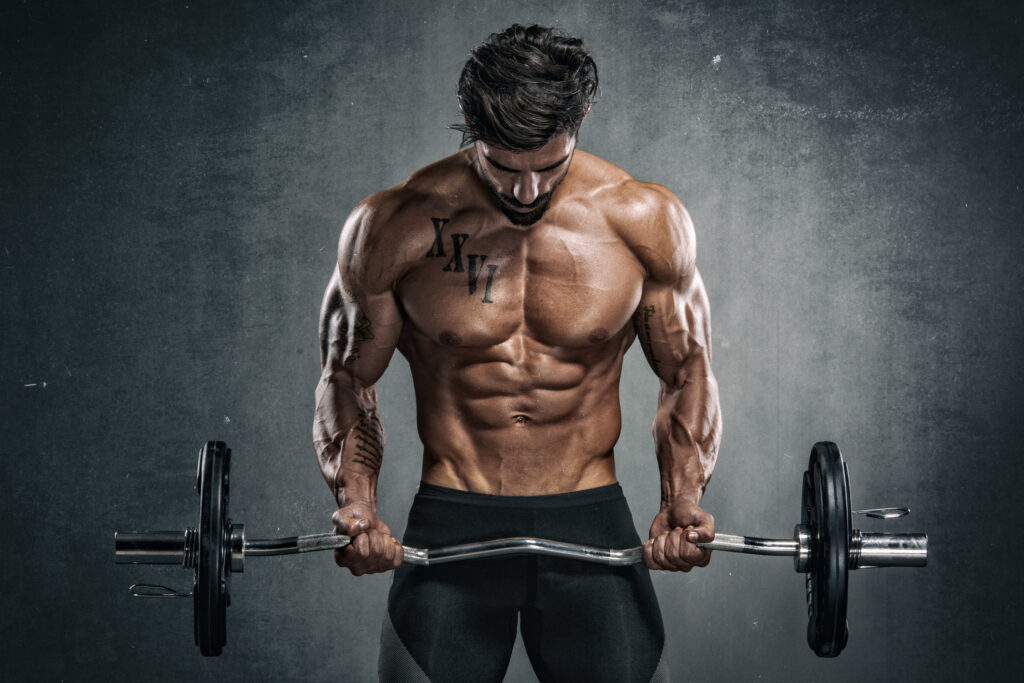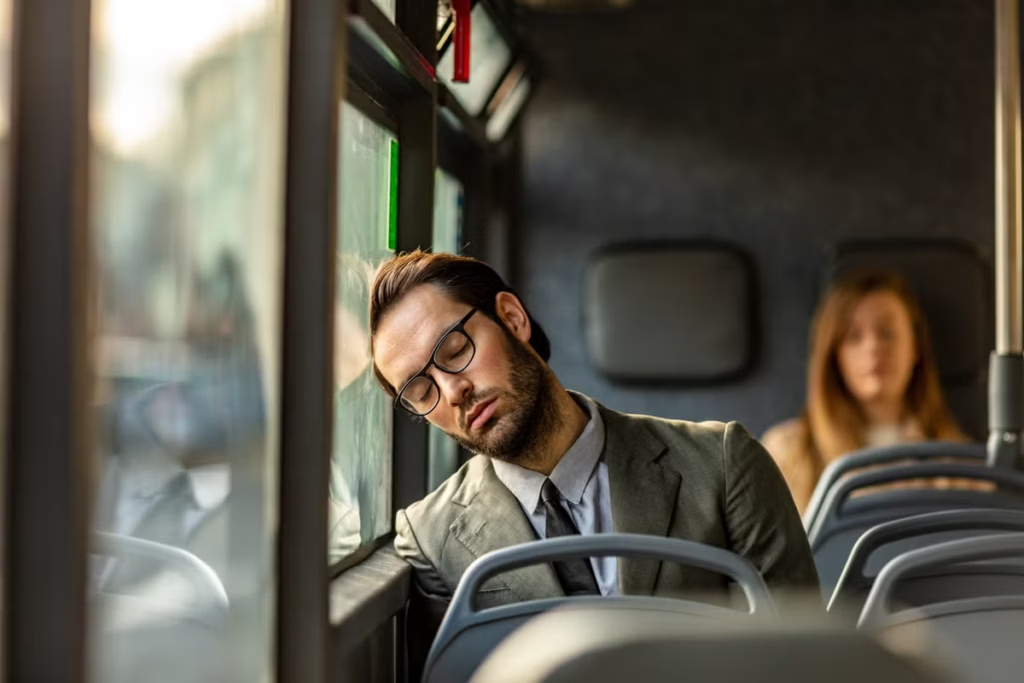We all know that getting a great night’s sleep is key to peak performance, although, it’s often easier said than done. Between the sleep apps, sleepy teas, yoga tutorials and finding the perfect pillow – achieving better sleep is a cluttered industry confusing enough to give you insomnia.
To find out more, we spoke to Exercise Physiologist and Sports Scientist Drew Harrisberg to get his top tips on improving your sleep hygiene and help you achieve your peak performance.
1.Improve Your Sleep Environment
Making your bedroom a calm space is key to giving your body the mental ques to wind down.
Close your windows to block out any light exposure, minimise any outside noise and make sure your room is set to a comfortable temperature, a temperature between 18-20 degrees is ideal.
“Set yourself up for success by making sure you sleep in a cool, quiet, dark room. I think it’s also worthwhile investing in high-performance bedding. Your bed is where you spend one third of your life (assuming you get the recommended eight hours sleep per night), so it makes sense to invest in quality bed accessories. If you often wake up with sore neck, shoulders or back pain, you’re not setting yourself up for success in the morning and might do well to reconsider those cheap pillows you’ve been holding onto. Sheridan has an easy-to-use online tool that helps you find a pillow, blanket or quilt that’s right for your specific needs which I found helpful.”
2. Turn Off Screens
While it’s easy to get into bed and start scrolling, screens can be one of the biggest sleep disruptors.
Beyond the anxiety inducing nature of endless scrolling, artificial light can throw off your body’s natural rhythm. Production of melatonin, the body’s sleep hormone, is stalled when you are exposed to light. We’re naturally programmed to wake up and sleep alongside sunlight.
“Artificial blue light is a known circadian disruptor. Turn off as many lights as practical in your home and use dimmers and candles where possible. If you must pick up your phone before going to sleep,” says Drew, “make sure to switch your phone to Night Mode to reduce your blue light exposure or go full dork-mode like me and wear blue light blocking goggles.”
3. Develop A Sleep Routine
Going to sleep at the same time each night is a sure-fire way to set your body up for the best possible sleep. We all love hearing about celebrity morning routines; however, your evening routine can be just as important in setting yourself up for success the next day. Tracking your sleep through a device such as the FitBit Sense can be a helpful way to keep track of your sleep routine and health with helpful reminders and measurement metrics.
“Half an hour before going to sleep, start a calming routine that works for you. This could include low impact stretching, switching off devices, journaling, reading a book or meditating. Whatever puts you in a state of calm and relaxation,” says Drew.
4. Promote Better Mental Health Through Exercise
It’s universally accepted that exercise promotes better health and wellbeing generally. When it comes to your sleep hygiene, multiple studies have concluded that people that are physically active rest easier, take a shorter amount of time to get to sleep and are more energetic throughout the day.
Drew Harrisberg explains that “exercise is not just a form of medicine that I use to manage my diabetes, it also helps me to keep my mental health in check, even just half an hour can improve my mental clarity. No matter how stressed or distracted I am, a quick workout instantly makes me feel rejuvenated and relaxed every time. I avoid high intensity workouts in the evening and rather opt for evening yin yoga before bed to calm my body and mind.”
5. Make Meaningful Diet Choices
It should go without saying but having coffee in the afternoon is a highway straight to poor sleep.
“I recommend not drinking coffee after 3pm, especially if you’re a poor sleeper, to give your nervous system the time to properly decompress,” explains Drew.
I recommend avoiding caffeine after approx 1-2pm to give your nervous system the time to properly decompress and metabolise the caffeine, especially if you’re a poor sleeper. The average half-life of caffeine is about 5 hours, meaning if you consume 100mg of caffeine in a cup of coffee, it will take 5 hours for 50mgs to be metabolised. I would also avoid going to sleep on a full stomach. Time your last meal so that it is at least 2 hours before bed.”












